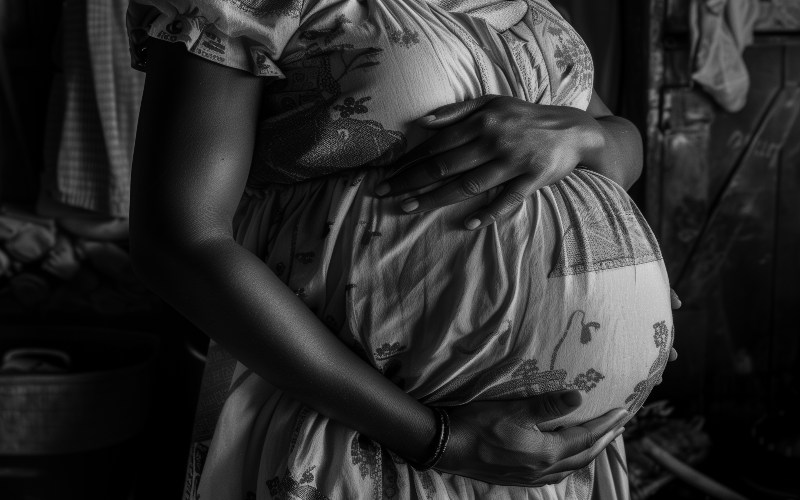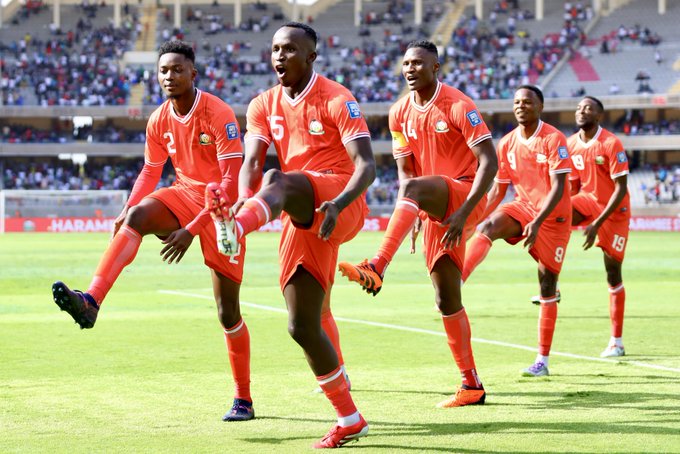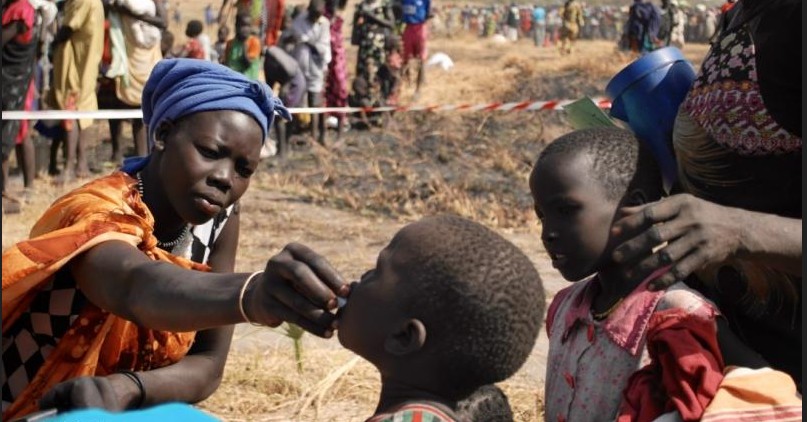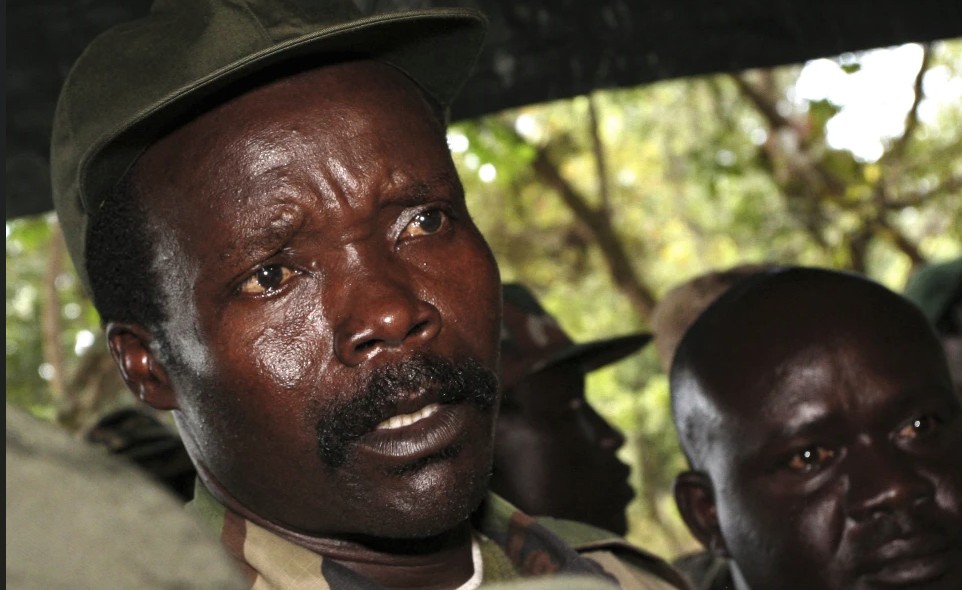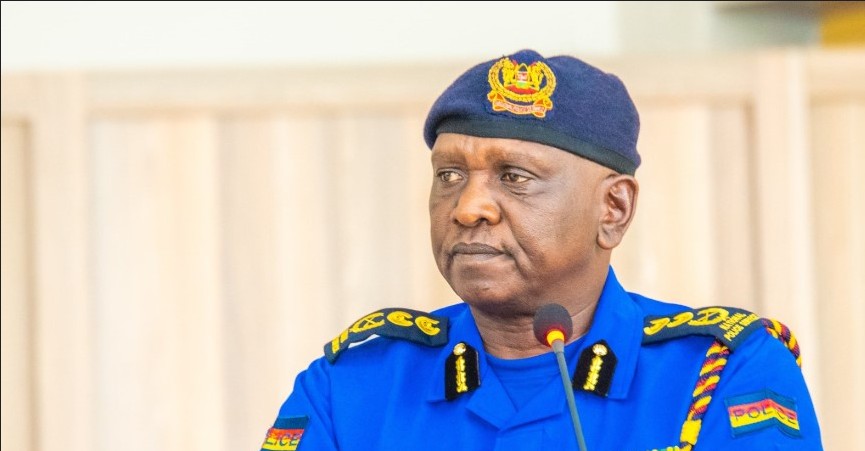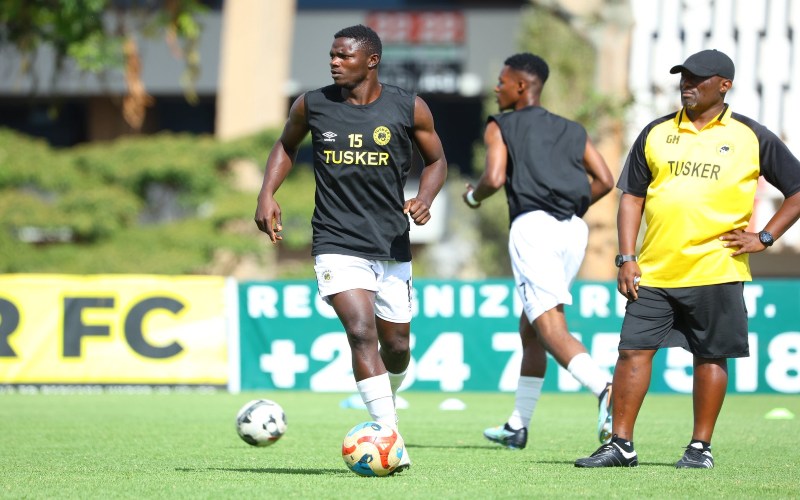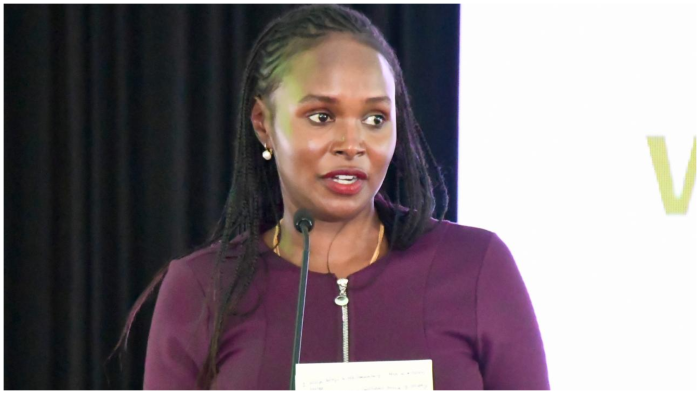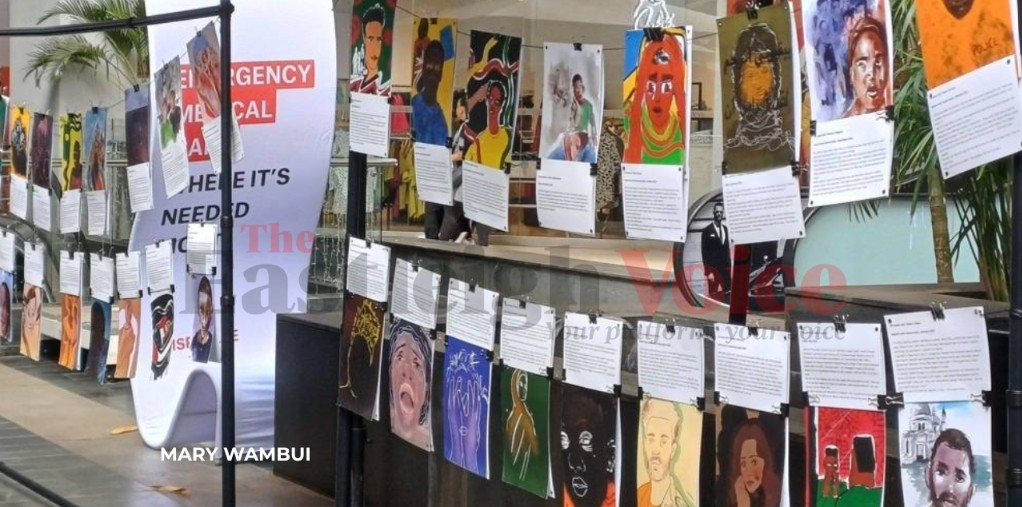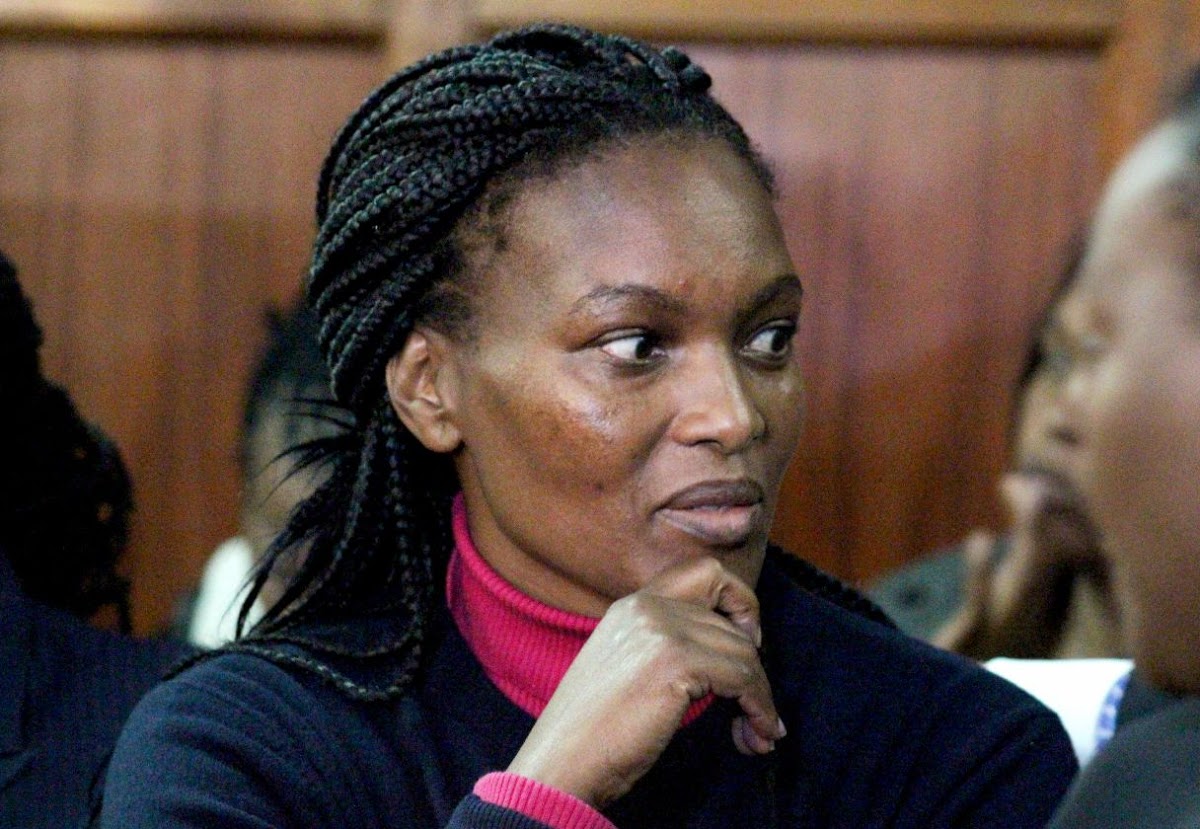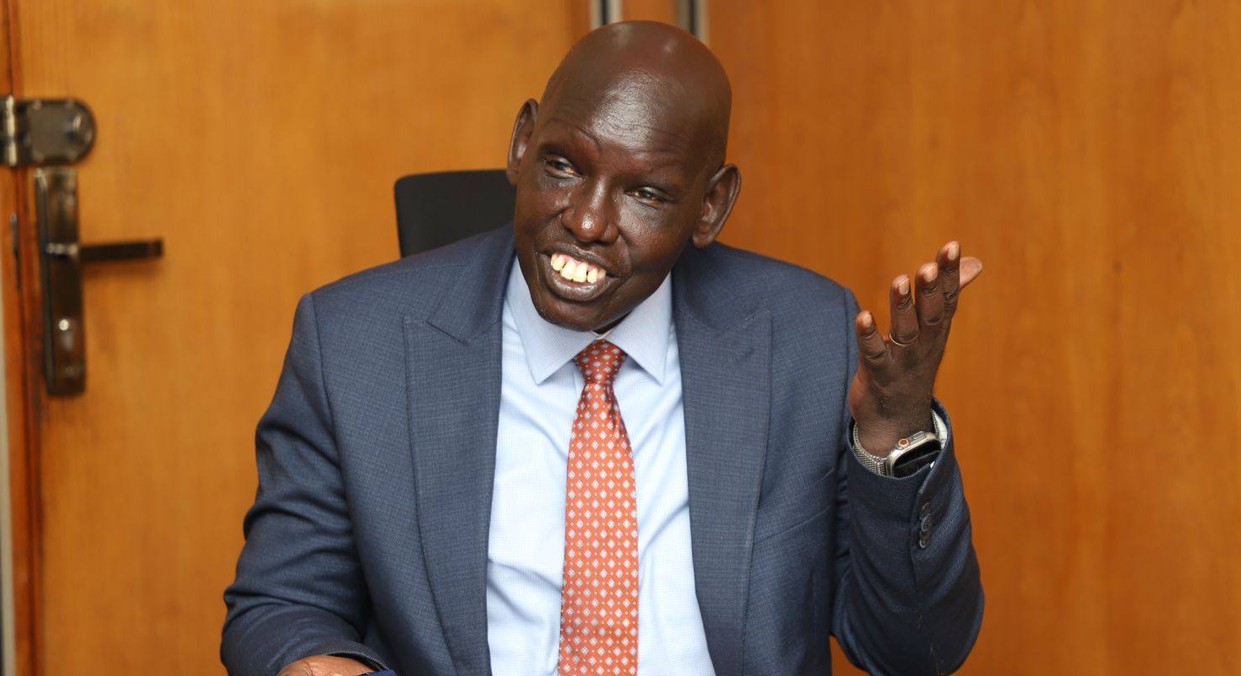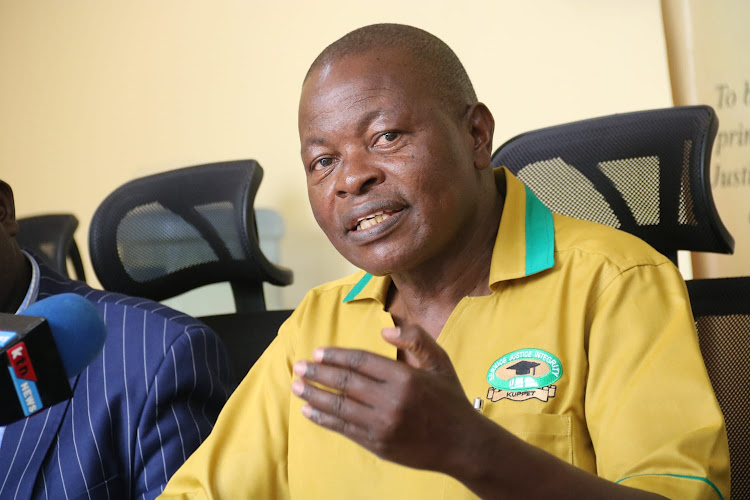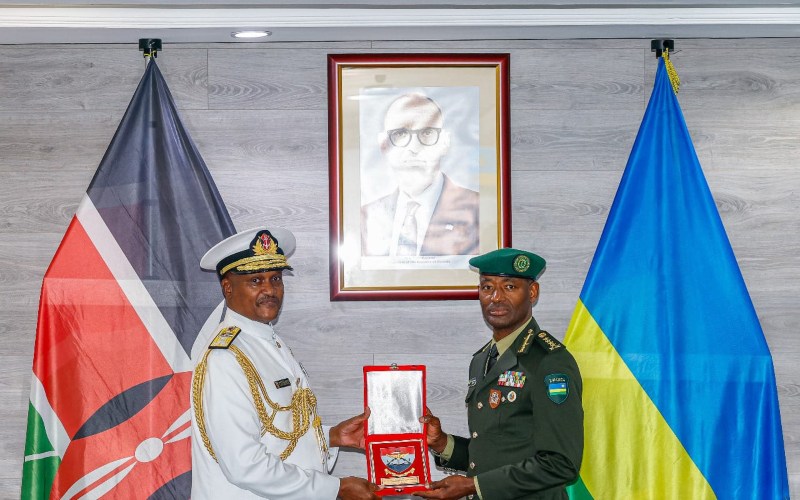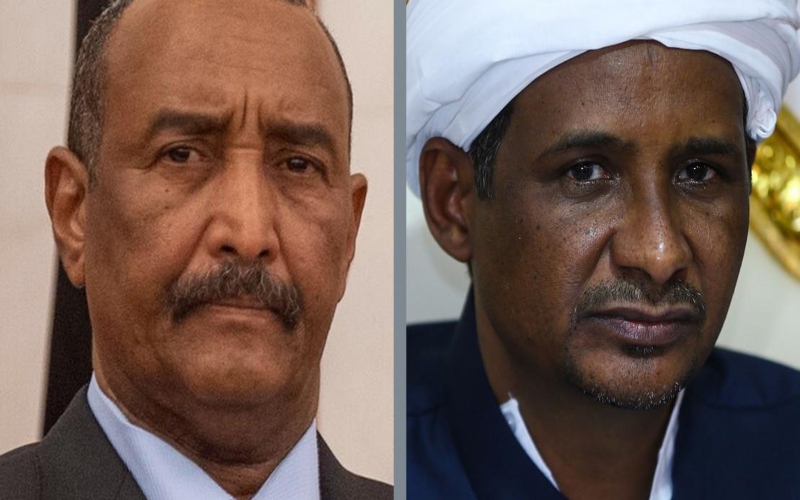Elusive justice: Families of young Kenyans killed in protests demand accountability
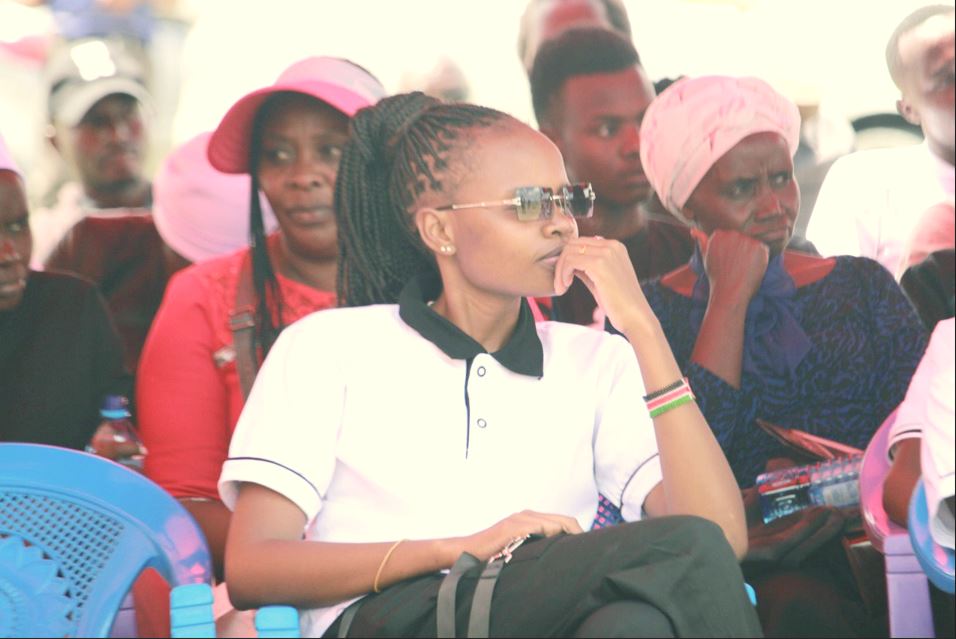
For Rex Maasai’s mother, the feeling of loss is compounded by the lack of progress in her quest for justice for her slain son
The echoes of gunfire and the cries of anguish have reverberated long after the streets fell silent. Two months have passed since a series of peaceful protests evolved into violence, claiming the lives of several innocent young Kenyans.
These were not just statistics or fleeting headlines; they were sons, daughters, and siblings whose lives were tragically cut short. As their families grapple with grief and frustration, they are also confronting a daunting justice system that has yet to deliver on its promises. Their stories reflect a broader struggle for accountability in a country still reeling from the aftermath of these tragic events.
More To Read
- Terrorism or protest? What Kenyan law says about anti-government demos and charges
- Lobby demands independent inquiry into protest deaths, including Albert Ojwang’s custody case
- Government sued for blocking CBD roads during protests, lobby demands removal of barricades
- Protest essentials: A look into what to carry to stay safe, alert, and resilient
- Kenya’s Addis Ababa embassy secures highest facelift budget as Tanzania’s gets the least
- Treasury revives plan to grant KRA real-time access to personal data in push for more tax
Gillian Munyao, the mother of Rex Maasai, is still in pain after losing her son, the first protester to be shot dead. Rex was among the many young people who took to the streets to demand a better future for Kenya when the anti-Finance Bill 2024 protests started.
“I still haven’t moved on. I still feel that my son is here, and his presence is all around me,” Gillian says.
The feeling of loss is compounded by the lack of progress in her quest for justice. Despite assurances from the
Independent Policing Oversight Authority (IPOA) that they are investigating the case, Gillian remains disheartened.
“They’ve taken a lot of records but nothing substantial has followed. I have no hopes that justice will be served,” she says.
For Beatrice Muthoni, the pain of losing her brother, Beasley Kingi, who was killed on June 25 in Nairobi’s central business district is matched only by the frustration of pursuing justice. The emotional toll of her brother’s death is immense, but Beatrice is driven by a broader mission.
“Even though there have been times when we have felt completely helpless and frustrated, we press on. It’s not only about my brother, it’s about holding the government accountable and ensuring that this doesn’t happen to another innocent young person,” Muthoni says.
The decision to file a case was not made lightly. Muthoni was acutely aware that it would mean reliving painful memories and navigating a slow and unresponsive legal system.
“The journey has just begun. While there are many obstacles, I’m hopeful that persistence will eventually lead to the truth and some form of justice,” she says.
George Otieno’s experience is another testament to the systemic failures faced by families seeking justice. His son, Shaquille Obienge, was killed while holding the Kenyan flag in Kitengela.
Otieno’s pain is further exacerbated by the government’s lack of follow-through on promises made in the wake of the violence.
“It’s surely very traumatising,” he says, describing the void left by the absence of any government representatives or financial assistance.
“The government had stated that they would cover burial expenses, but to date, not a single government representative has called.”
He also laments the unfulfilled promise from former prime minister Raila Odinga, who had reportedly disbursed Sh100,000 to each victim’s family.
“Despite IPOA’s assurances of pursuing the case in court, I haven’t heard of any summons. Everything is blackened, and we don’t know exactly what’s going on,” Otieno says.
James Otieno, the father of Denzel Omondi, faces a particularly harrowing reality. His son’s body was discovered floating in a deserted quarry in Mashinani, showing signs of severe abuse. Post-mortem revealed it bore bruises on the knees, arms, and neck.
“I’m still struggling to cope with the reality of losing my son. I’m quite worried whether it shall ever be served,” Otieno says, his voice heavy with sorrow.
The notion of “justice delayed is justice denied” weighs heavily on him. He is concerned over the lack of progress in his son’s case.
Paul Tata’s situation highlights a profound sense of abandonment. His son, Emmanuel Tata, was killed on June 25 in Mombasa. The ongoing struggle for justice has left Paul feeling disconnected and desolate.
“It is very painful to even think about it. The government is so nonchalant about following it through, and IPOA has done nothing so far,” he says.
His frustration is palpable as he describes the lack of support from authorities.
“We have nowhere to look to and no one to run to. Everyone and everything moved on while we are still stuck seeking what seems to be an elusive justice in this country,” he says.
Mama Evans, whose son Evans Kiraitu died after being brutally beaten by police, shares a similar sense of helplessness. The brutality of her son’s death and the subsequent lack of justice have been deeply distressing.
“I’m getting stronger, though much stressed. When I think about the lack of justice, it’s overwhelming,” she says.
Mama Evans believes that increased pressure is necessary to compel authorities to act.
“More pressure is needed for this issue, at least for the families to heal and those accountable to be brought to book and be answerable,” she says.
Dau Ajang’s struggle highlights the additional layers of complexity faced by families affected by violence in Kenya.
His brother, Chuol Deng, was killed in Eldoret but was not officially recognised as a protest death because of his South Sudanese nationality.
“It’s really painful. I have been going through a lot looking for justice, but all in vain,” Ajang says.
The lack of recognition and support has compounded the family’s grief, underlining the broader issues of inclusivity and recognition in the justice system.
The stories of these families reveal a deeply troubling pattern of systemic failure.
From unfulfilled promises to a sluggish and opaque legal process, their experiences highlight the significant challenges faced by those seeking justice in Kenya. Their collective frustration reflects a broader crisis of accountability and transparency, raising urgent questions about the government’s commitment to addressing human rights abuses and delivering justice.
As these families continue to mourn and seek answers, their stories serve as a powerful reminder of the human cost of political and social unrest. Their perseverance calls for the need for a more responsive and accountable justice system — one that honours the memory of those who have been lost and ensures that their deaths lead to meaningful change.
The quest for justice is not just about addressing individual cases; it’s about confronting systemic issues and working towards a future where such tragedies are prevented and those responsible are held to account. The pain of these families is a reminder of the urgent need for reform and the importance of standing up for truth and accountability in the face of injustice.
Top Stories Today
